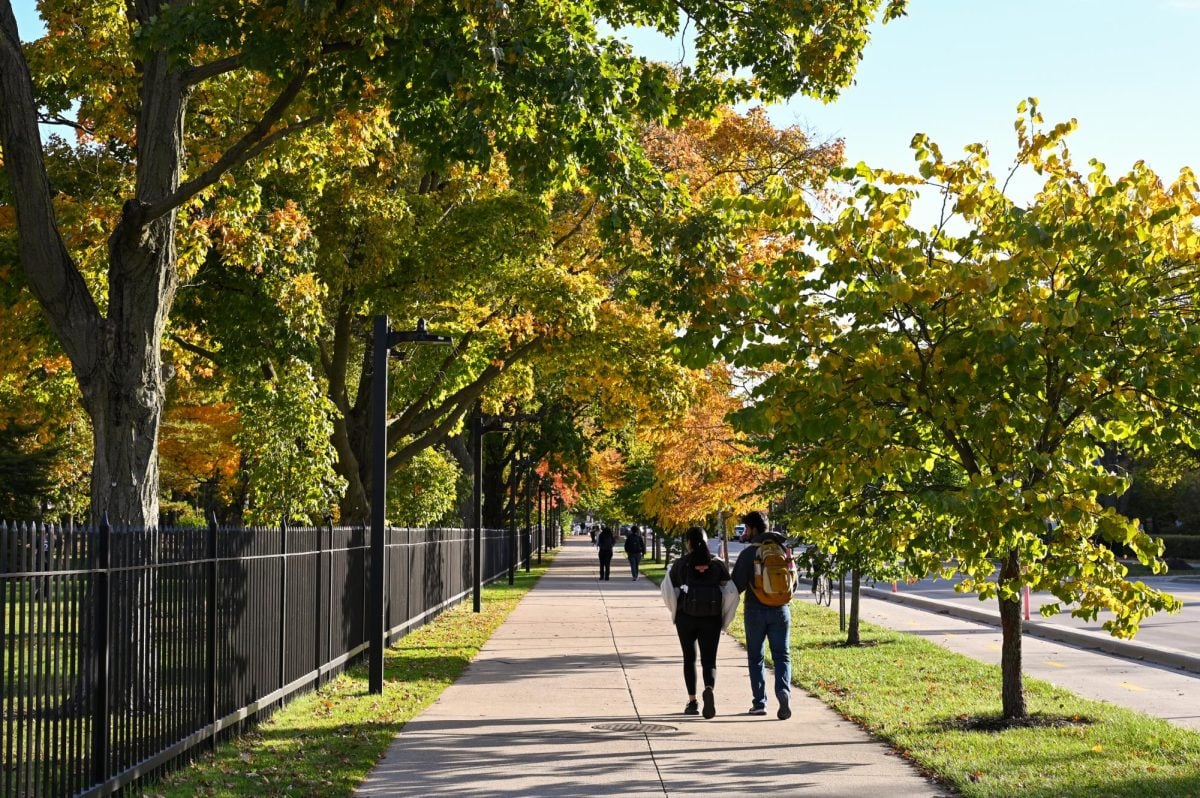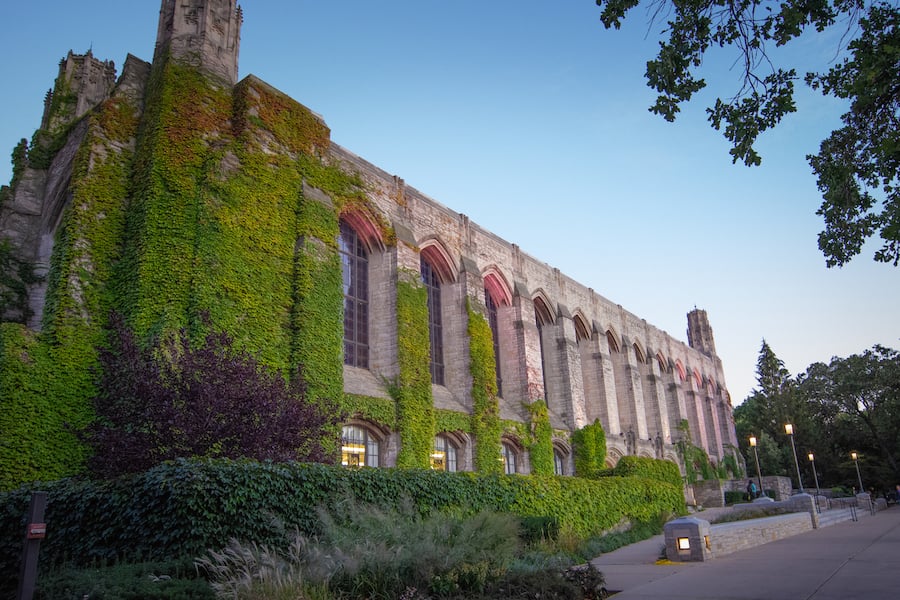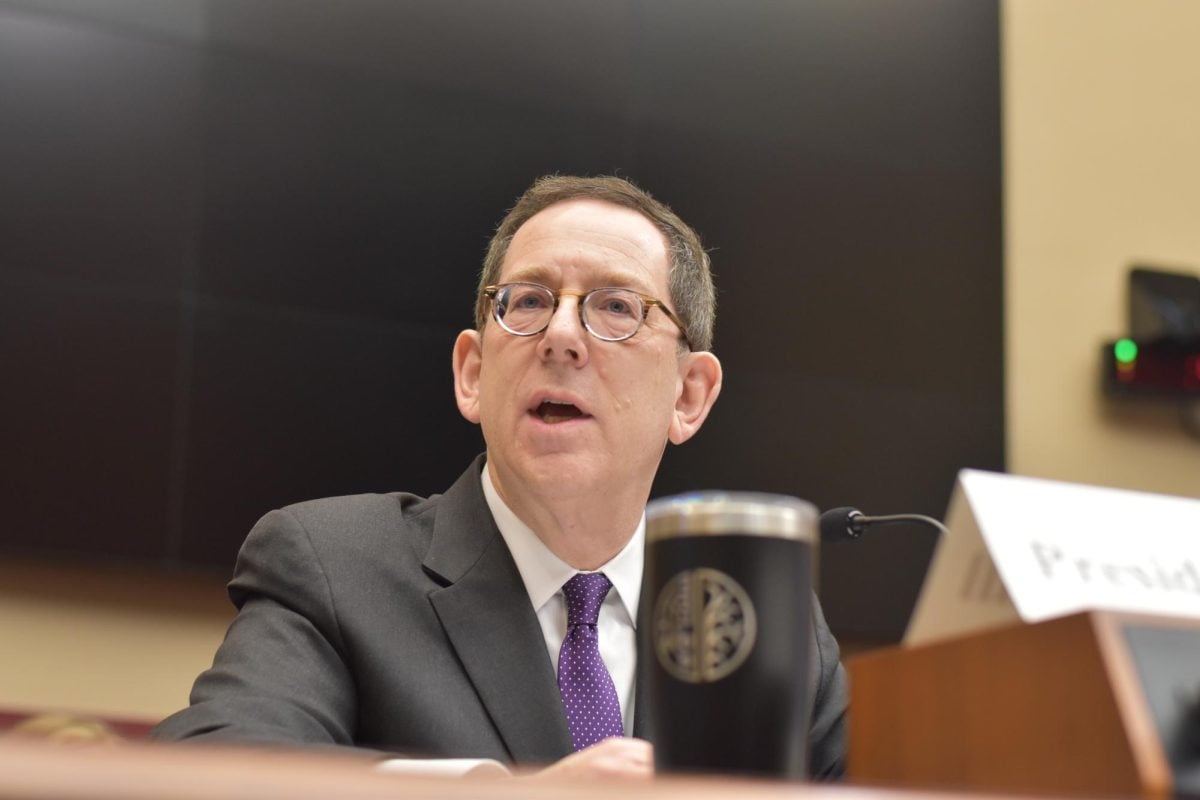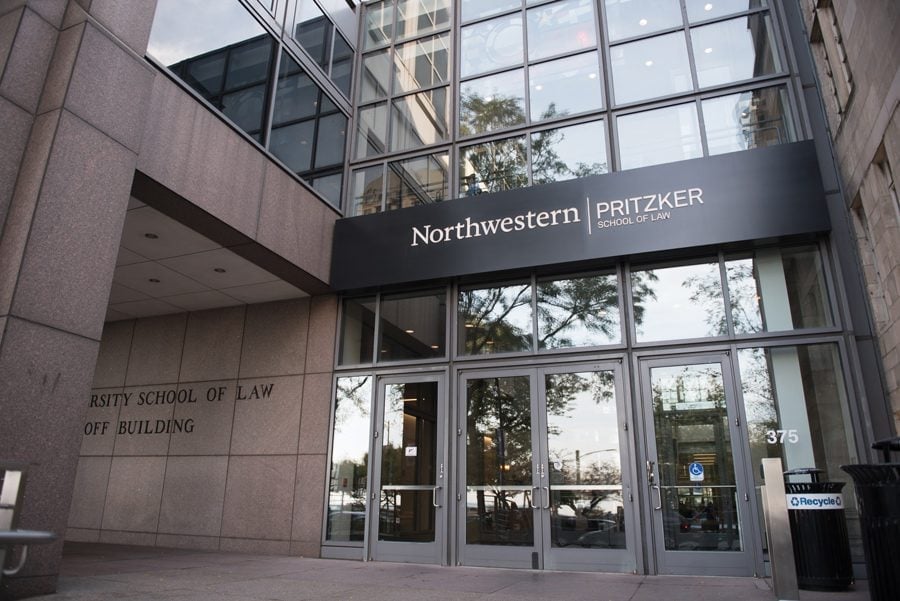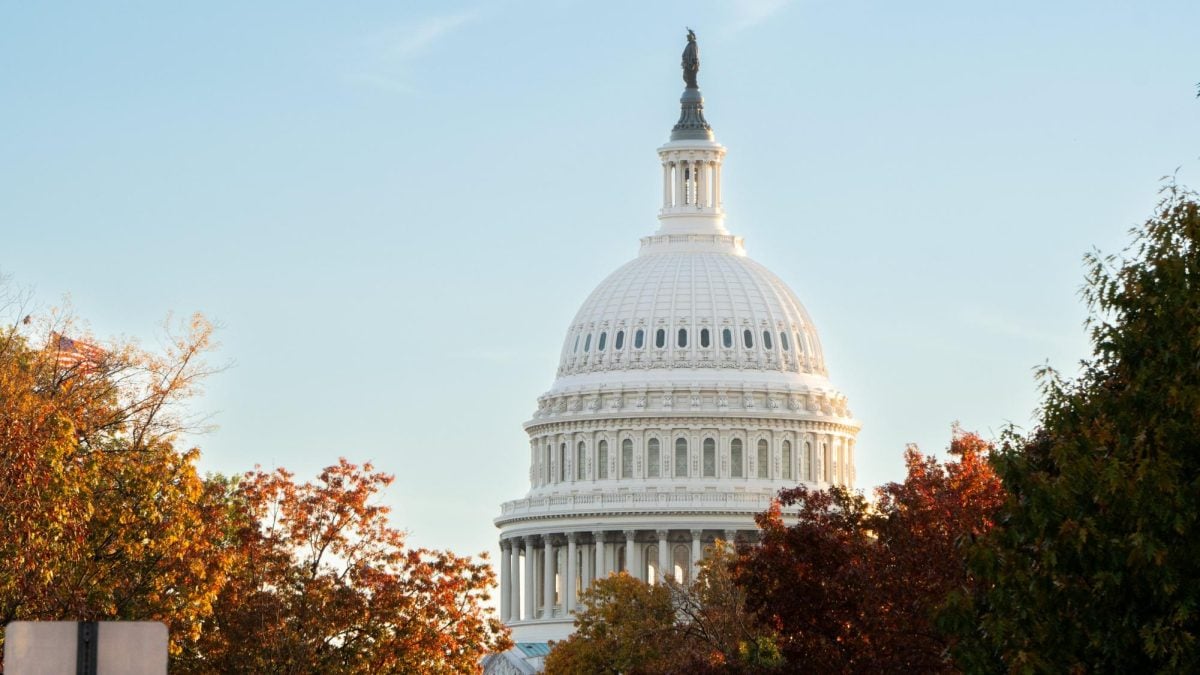Northwestern officials got precisely what they wished for heading into the NATO summit Sunday and Monday in Chicago – nothing.
“It was uneventful, which was great,” University spokesman Al Cubbage said. “That’s exactly what we wanted: to be prepared for a variety of circumstances but not have to go into operation on any emergency planning.”
University Police Cmdr. Shaun Johnson, the head of a special task force that handled NU’s preparations for the NATO summit, agreed with Cubbage’s evaluation that “everything went very smoothly.”
“There were no significant impacts” on the student body apart from any headaches caused by Chicago’s altered transit systems, Johnson said.
Furthermore, there were no disturbances “even close” to either NU’s Evanston or Chicago campuses, Cubbage added.
Evanston was similarly unaffected by the NATO summit, which for the first time was hosted outside Washington, D.C., and brought world leaders representing 62 countries and several international organizations to McCormick Place in Chicago.
Besides some fresh graffiti on the El’s Purple Line tracks, Evanston experienced “no issues as a result of the summit,” Evanston Police Department spokesman Cmdr. Jay Parrott said in an email Tuesday.
The local officials’ comments echo the sentiments of those executing and evaluating the city’s response to the international conference.
At an end-of-summit news conference, President Barack Obama said Chicago “performed magnificently” during the high-profile meeting of foreign dignitaries.
“And the Chicago police – Chicago’s finest did a great job under, you know, some significant pressure and a lot of scrutiny,” he told reporters. “The only other thing I’ll say about this is thank you to everybody who endured the traffic situation.”
The most contentious clash between police and protesters came late Sunday afternoon, when anarchist “Black Bloc” demonstrators tried to push east toward McCormick Place at the conclusion of an otherwise mostly peaceful march through the Loop. The hour-long standoff near the corner of Michigan Avenue and Cermak Road resulted in at least 45 arrests, according to the Chicago Police Department.
Despite the jarring image of the combative, black-clad protesters that broadcast on Chicagoans’ televisions later that night, CPD Supt. Garry McCarthy downplayed their impact on the overall civility of the NATO activities that had started as early as Monday last week.
“I know that that picture is what people are going to run away from here with,” he told reporters at a news conference Sunday night. “But think about this: 45 arrests today, 19 more before this. I think that’s overwhelming if we get through the next two days and it stays as low as it is.”
In an email Tuesday, Occupy NU organizer Mauricio Maluff said his group of about 20 left as soon as they heard of the violent breakout at the front of the anti-NATO march.
“We are fighting for peace and so we use peaceful tactics,” the Weinberg junior wrote. “We don’t want to be reduced to the same level as NATO.”
NU officials remained on high alert in the days leading up to and during the NATO summit.
On Thursday, Johnson told The Daily that the special task force, made up of representatives from 16 NU offices, was monitoring the NATO situation on a “constant basis at this point.” The University kept its emergency operations center open 24 hours a day from 6 a.m. Friday to late Monday afternoon, Johnson said Tuesday.
He added that four emergency officials, each working 12-hour shifts at the emergency operations center, were on hand at any given time over the weekend.
The University began preparing for the NATO summit in January, when Johnson convened the special task force.
In late March, the University announced several changes to class locations during the NATO summit. Courses in the Kellogg School of Management at Wieboldt Hall on the Chicago campus were relocated to several academic buildings on the Evanston campus, such as the Allen and Jacobs centers. Wieboldt Hall instead housed students in the School of Continuing Studies.
Days before the summit, University Services said it would cancel the Chicago Express Shuttle for Saturday and told students to anticipate delays or reroutes on Monday’s run of the Intercampus Shuttle.
The various NATO-related advisories were aggregated on a special website spearheaded by University Relations earlier this month.
Spokeswomen from Kellogg and Continuing Studies did not return requests for comment Tuesday.
